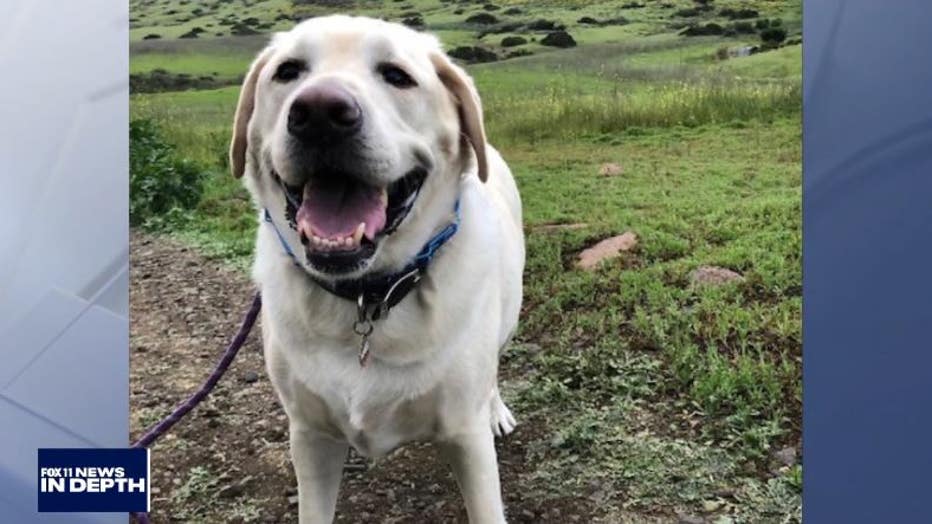In Depth: Veterinarian shortage impacting SoCal pet owners
Veterinarian shortage impacting pet owners
Hal is joined by Tammy Borne, who talks about how she lost her Labrador Retriever after he couldn’t get treated by a vet in time to save his life.
LOS ANGELES - Segment One:
Hal is joined by Tammy Borne, who talks about how she lost her Labrador Retriever after he couldn’t get treated by a vet in time to save his life.
Then Dr. fumie Yamamoto from L.A. County Animal Control and Dr. Jeremy Prupas of L.A. City Animal Control join the discussion to talk about the shortage of veterinary personnel, and how it is handicapping pet care locally.
They say a lot of clinics were short staffed anyway, and then when COVID hit, more workers were out sick, and the restrictions brought on by the pandemic created more delays and slowdowns. As the delays get longer, it creates even more of a backup. Dr. Prupas says that it’s a staffing issue and emergency hospitals have always had trouble hiring because of the work demands to work overnight and weekends and holidays. He says some hospitals are forced to close overnight because they can’t handle the workload.
Listen to the What the Hal? podcast here
Segment Two:
Animal Advocate Mark Cushing joins Hal to talk about how the animal care system started to break down and what can be done to remedy it.
Cushing says that during the pandemic, more people adopted pets, and pet owners who already had a pet got an additional ones. He says Millennials now expect a quality of care that is on a par with human care, but vets aren’t prepared to deliver that quality of care.
In many places, emergency care isn’t available for a couple of days, and that means it’s no longer emergency care.
Training more vets is a problem, because people going to veterinary school can make more money as a dentist or other practitioner, and it’s hard to persuade people to train when the working conditions are so overwhelming and backlogged. There are also a lack of veterinary schools available for students. He says there need to be more, and they need to expand in size. He says progress is slowly being made in that area. He also says vet techs aren’t allowed enough responsibility. That means that vets are doing things that vet techs could handle, which would free up the vets for more complicated cases.

Segment Three:
Cushing returns and joins Cathy Stanley with Camp Cocker rescue. She says that a lot of the dogs they rescue are "major medical" patients- dogs that have suffered injuries and accidents and need serious veterinary care.
She says that one of the advantages they have which might help pet owners, is that they have an established relationship with a few emergency hospitals. If one is full, they can contact another, and they can email vets if phone lines aren’t being answered.
Cushing cites telemedicine as a possible remedy for the backlog. He says that could help remediate the issue with emergency room backups by allowing some of the less serious cases to be treated over the phone or virtually. That will keep the emergency rooms available for the true crisis cases.
Stanley says the vet process needs to be streamlined, so that general vets can handle more patients.
Cushing says California has to stop obstructing the use of telemedicine, as most of the rest of the country uses it.
Segment Four:
Hal promotes his podcast, and we end with a TikTok test of "cat intelligence."
Get your top stories delivered daily! Sign up for FOX 11’s Fast 5 newsletter. And, get breaking news alerts in the FOX 11 News app. Download for iOS or Android.

